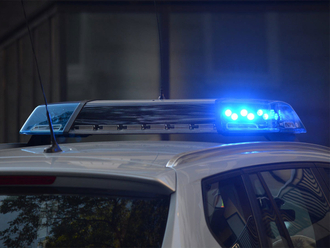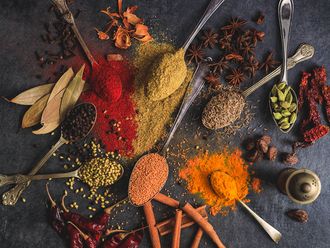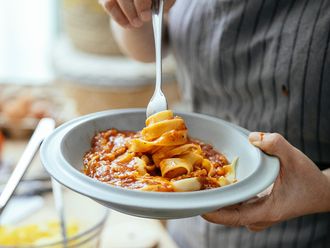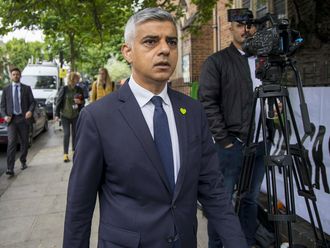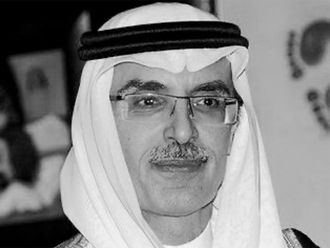Dubai:Earlier this week, Cuban internet and telephone services entered the 21st Century — almost, and under the strictest controls.
An undersea fibre-optic cable linked the island of 11.3 million — not with the rest of the world — but with Venezuela, it’s ideological comrade and partner in a Caribbean and Latin American front against the United States.
Rest assured that the international and [phone line is carrying detailed accounts between Havana and Caracas on the state of health of Venezuela President Hugo Chavez. He underwent a fourth cancer operation at an exclusive and very private hospital in the Havana suburbs on December 10, and his condition remains a closely guarded state on both ends of the fibre-optic line.
Financed by the Venezuelan government, the ALBA-1 cable was laid with much fanfare in 2010 and connected to Cuba in February 2011. Since then it has been dormant and the Havana government silent as to why.
“I had my eye on it. People have been asking why has this cable not been in use,” said Doug Madory, who works for global Internet monitor Renesys and first reported cable activity earlier this week. When fully operational, the cable will provide download speeds 3,000 times faster than Cuba’s current Internet and be capable of handling millions of phone calls simultaneously, the government said when it was being laid.
Up to now, Cuba has linked to the internet through satellite hook-ups that are excruciatingly slow due to restrictions under the US trade embargo. Under Havana’s free education and free health systems, Cuba has the highest number of doctors for percentage of population in the world. Knowledge, yes, but few modern drugs or state-of the art equipment.
For the past five decades, the US has ensured that Cuba remains politically, economically and physically isolated — punishment for daring to support Soviet missiles there and for booting put US nationals and companies in 1961 when all of its property and assets were nationalised under Fidel Castro’s Communist doctrine.
Castro himself may not be in power — his younger brother Raul, who turns 82 in June still holds the reins. In the past three years Cubans have been given the right to own mobile phones, can operate small businesses, and most recently, can have easier access to exit permits to travel abroad. But any opposition to the Castro regime is treated in the same hard-fisted manner.
According to a report released earlier this week from the Committee for Human Rights and National Reconciliation, the number of political prisoners in Cuban jails has doubled in the last 10 months
“In our internal list of political prisoners on March 5, 2012, there were 45 names of prisoners being held,” said a statement from the illegal but tolerated group in Havana.
“The list today contains 90 names of political prisoners,” the rights group, headed by dissident Elizardo Sanchez, continued.
A large portion of the new detainees come from the opposition Patriotic Union of Cuba, which is active especially in the southeast of the Communist-run island, and led by former political prisoner Jose Daniel Ferrer.
Thirty of the group’s members were recently jailed, the rights watchdog said.
The surge in political jailings comes in tandem with a 60 per cent rise in the number of political arrests - ranging from several hours to several days — in 2012, for a total of 6,602, according to the group.
— with inputs from AP, Reuters


